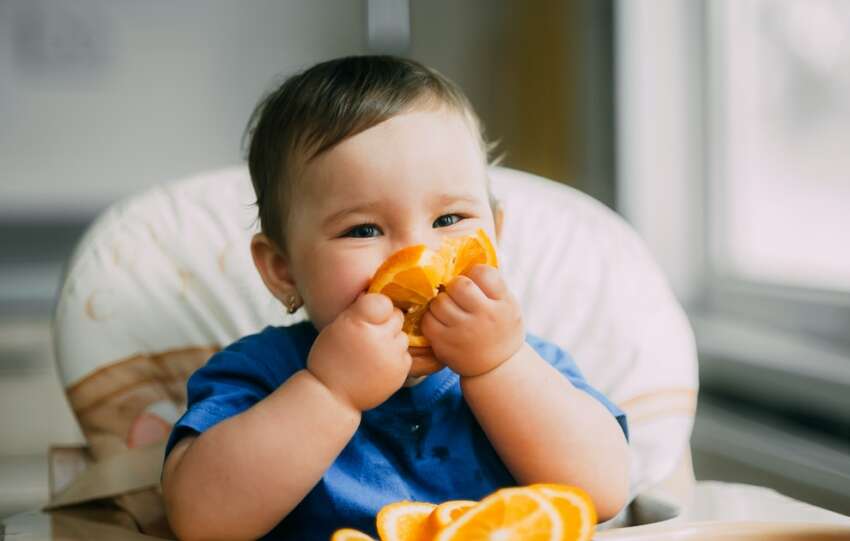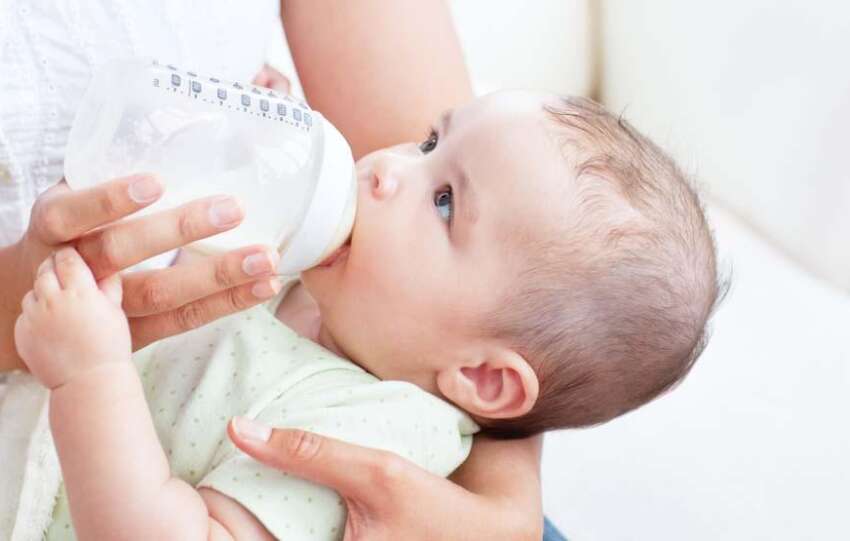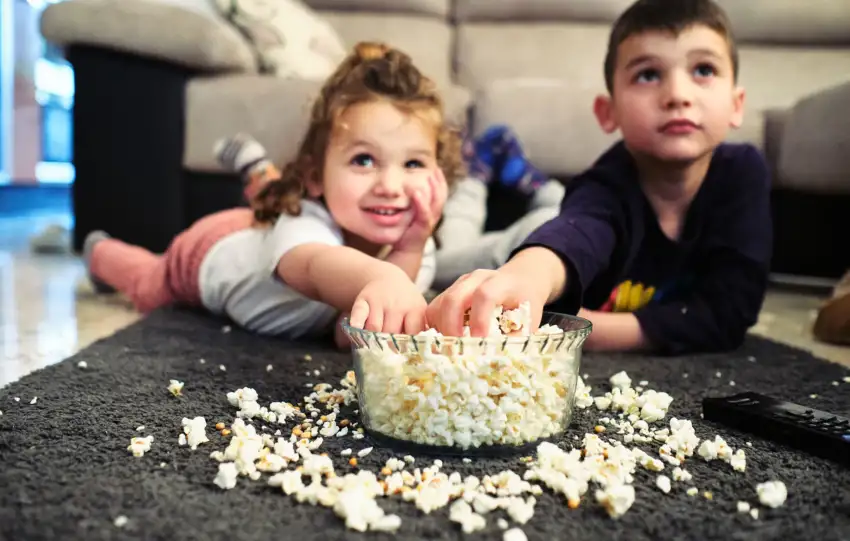Introducing solids to your baby’s diet is a significant milestone in their development. Among the exciting choices are puffs – those airy, melt-in-the-mouth snacks that babies often adore. But when can babies eat puffs? Let’s explore the safety and age-appropriate guidelines for various types of puffs.
When Can Babies Have Puff Snacks
Puff snacks, specifically designed for babies, are an excellent option for introducing puffs into their diet. These snacks are formulated to dissolve easily in a baby’s mouth, reducing the risk of choking. You can start offering puff snacks to your baby when they are around 7-8 months old after they have mastered simpler solids like purees and soft fruits.
When Can Babies Eat Puff Cereal
Puff cereal is typically a baby’s first introduction to solid foods. You can start offering puff cereal to your little one when they are around 6 months old. At this age, most babies can sit up, show an interest in their food, and have better tongue control to prevent choking. However, every baby is different, and it’s crucial to watch for signs of readiness. Ensure your baby can sit up independently, has lost their tongue-thrust reflex, and shows interest in your food.
When Can Babies Eat Puffed Rice
Puffed rice, like puff cereal, can be introduced at around 6 months of age. However, it’s essential to ensure that the puffed rice is suitable for babies, as some varieties may contain added sugar or salt. Always check the label for baby-friendly options.
When Can Babies Eat Puff Pastry
Puff pastry, with its dense and flaky texture, should not be introduced until your baby is at least 12 months old. It should be reserved for older children and adults. Even then, ensure that the pastry is cut into small, manageable pieces to minimize choking hazards. Always supervise your child when they are eating puff pastry. The flaky, buttery texture can be difficult for babies to handle, and it may pose a choking hazard.
When Can Babies Eat Bamba Puffs
Bamba puffs, a peanut-flavored snack, are suitable for babies once they have started consuming peanut-based foods. The American Academy of Pediatrics suggests introducing peanuts to babies at around 6 months of age, especially if your family has a history of allergies. However, consult with your pediatrician before introducing any potential allergens.
When Can Babies Eat Cheeto Puffs
Cheeto puffs are not recommended for babies or young children. These snacks are high in sodium, artificial flavors, and preservatives, making them unsuitable for little ones. It’s best to wait until your child is older, around 2-3 years old, before considering such snacks in moderation.
Tips for Introducing Puffs Safely
When you’re ready to introduce puffs to your baby, here are some additional tips to ensure a safe and enjoyable experience:
- Start Small: Begin with just a few puffs at a time to gauge your baby’s reaction and ensure they don’t have any adverse reactions or allergies.
- Supervise Closely: Always supervise your baby while they’re eating puffs to reduce the risk of choking. Babies should be seated upright in a highchair or supported infant seat during mealtimes.
- Watch for Choking Signs: Be vigilant for any signs of choking, such as coughing, gagging, or difficulty breathing. If your baby shows these signs, stay calm and follow the appropriate first aid procedures.
- Choose Age-Appropriate Puffs: Opt for puffs that are specifically designed for babies. These snacks are formulated to dissolve easily and are often lower in salt and sugar than adult versions.
- Variety is Key: While puffs can be a convenient snack, don’t rely solely on them for your baby’s nutrition. Continue to introduce a variety of fruits, vegetables, grains, and proteins to ensure a well-rounded diet.
- Gradually Increase Texture: As your baby grows, gradually introduce foods with more texture to help them develop their chewing and swallowing skills.
- Stay Informed: Keep up with the latest guidelines on infant nutrition and feeding practices by consulting with your pediatrician or a trusted healthcare professional.
Final Thoughts
Puffs can be a fun and convenient snack for your baby, but it’s crucial to follow age-appropriate guidelines to ensure their safety. Remember that each child develops at their own pace, so there’s no rush to introduce solids. Always prioritize your baby’s safety and well-being as you navigate the exciting journey of introducing them to new foods.





